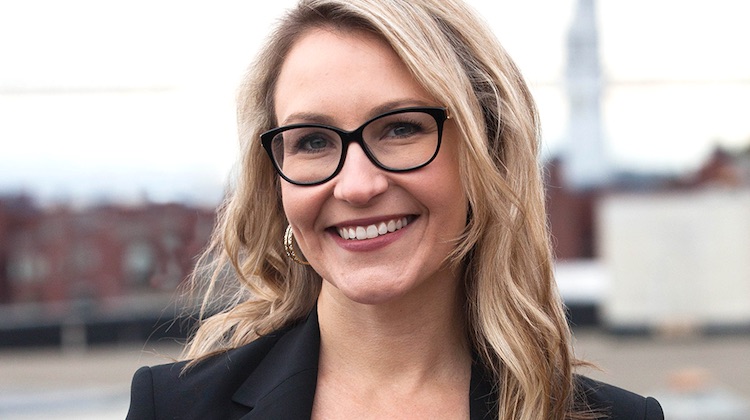Data
The biggest challenge to secure data access is time: Xero president
- Accounting firm Xero has entered a data sharing agreement with Capital One that will allow the bank to feed data to Xero securely and in realtime
- The partnership is part of Xero's broader plans to improve the small business economy by giving business owners on-demand financial snapshots








